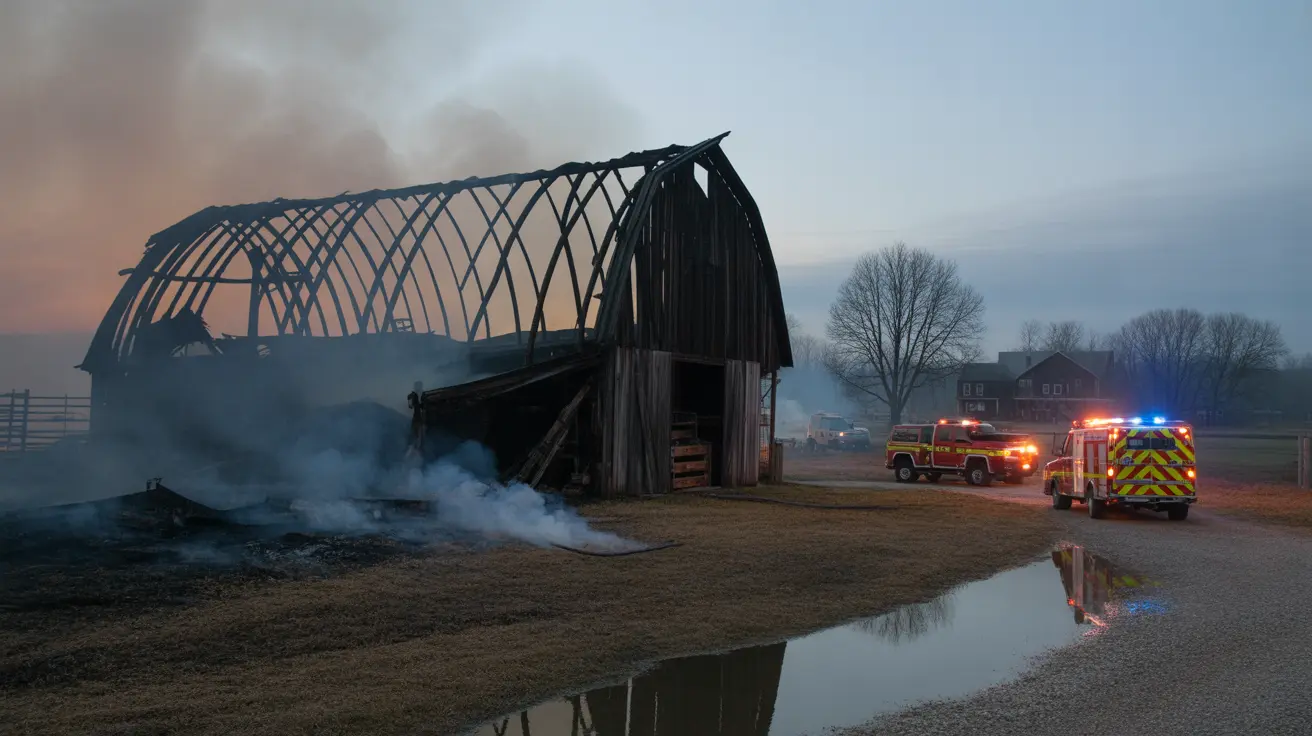Is It Illegal to Record Animals Mating with Humans?
The intersection of animal welfare laws and criminal justice often raises deeply serious and disturbing questions. One such issue is whether it is illegal to record acts of bestiality — specifically, animals mating or engaging in sexual acts with humans. Not only is bestiality widely condemned for ethical and moral reasons, but the production, possession, and distribution of any media related to it is also criminalized in many legal systems.
Understanding Bestiality Laws
Bestiality, which refers to sexual acts between humans and animals, is considered a serious crime in many parts of the world. Laws surrounding bestiality are designed not only to penalize the perpetrator but also to protect animals from abuse and exploitation.
In the United States, for example, the PACT Act (Preventing Animal Cruelty and Torture Act), enacted in 2019, makes certain types of animal cruelty — including sexual abuse — federal crimes. Meanwhile, most states have their own anti-bestiality laws that criminalize both the acts themselves and their documentation.
Is Recording Considered a Crime?
Even if someone is not directly involved in the act, recording or distributing such content is almost universally regarded as a prosecutable offense. The production of explicit materials involving animals and humans is considered not only illegal pornography but also a form of animal cruelty.
- Federal Law: Under the Animal Crush Video Prohibition Act of 2010, it's illegal to create or distribute videos depicting animal cruelty.
- State Laws: Nearly all U.S. states criminalize the creation, possession, or sharing of bestiality content.
- International Context: Many countries, such as the UK, Canada, and Australia, also prohibit these materials under laws targeting animal abuse and obscenity.
Digital Distribution and Legal Consequences
The internet exacerbates the problem by making it easier to share such disturbing content. However, law enforcement agencies are cracking down on digital platforms that enable the sharing of bestiality videos. Hosting, downloading, or even possessing such materials can lead to severe legal penalties, including:
- Criminal charges for animal cruelty and obscene content.
- Significant fines and imprisonment.
- Registration as a sex offender in some jurisdictions.
Why Such Laws Exist
These regulations are not just about morality. They are based on important principles of animal welfare, consent, public morality, and mental health. Animals cannot consent, and using them in such acts is inherently abusive and exploitative. Recording such abuse not only perpetuates the harm but may also encourage others to engage in similar acts.
Animal Welfare and Ethical Considerations
The underlying concern is the protection of animals from psychological and physical harm. Bestiality and its recording can lead to:
- Long-term animal trauma and injury.
- Spread of diseases between species.
- Cultural normalization of unethical behaviors.
Consequences for Pet Owners
Pet owners must be aware that any sexual abuse — including recording or possession of such materials — is a criminal offense and a severe violation of animal rights. Convicted pet owners may face:
- Loss of pet ownership rights.
- Legal prosecution and imprisonment.
- Long-term stigma and criminal records.
How to Report Suspected Abuse
If you suspect that someone is engaging in or sharing content involving bestiality:
- Contact local animal control or humane societies.
- Notify the police or cybercrime units.
- Provide any evidence to the proper authorities, avoiding distribution yourself.
Conclusion
Recording animals mating with humans is not only immoral — it is illegal. Nearly every legal jurisdiction considers it an act of bestiality and animal cruelty. Creating, owning, or disseminating such content carries serious legal and social consequences. As a society, respecting animal welfare means preventing such abuse and holding perpetrators accountable.





